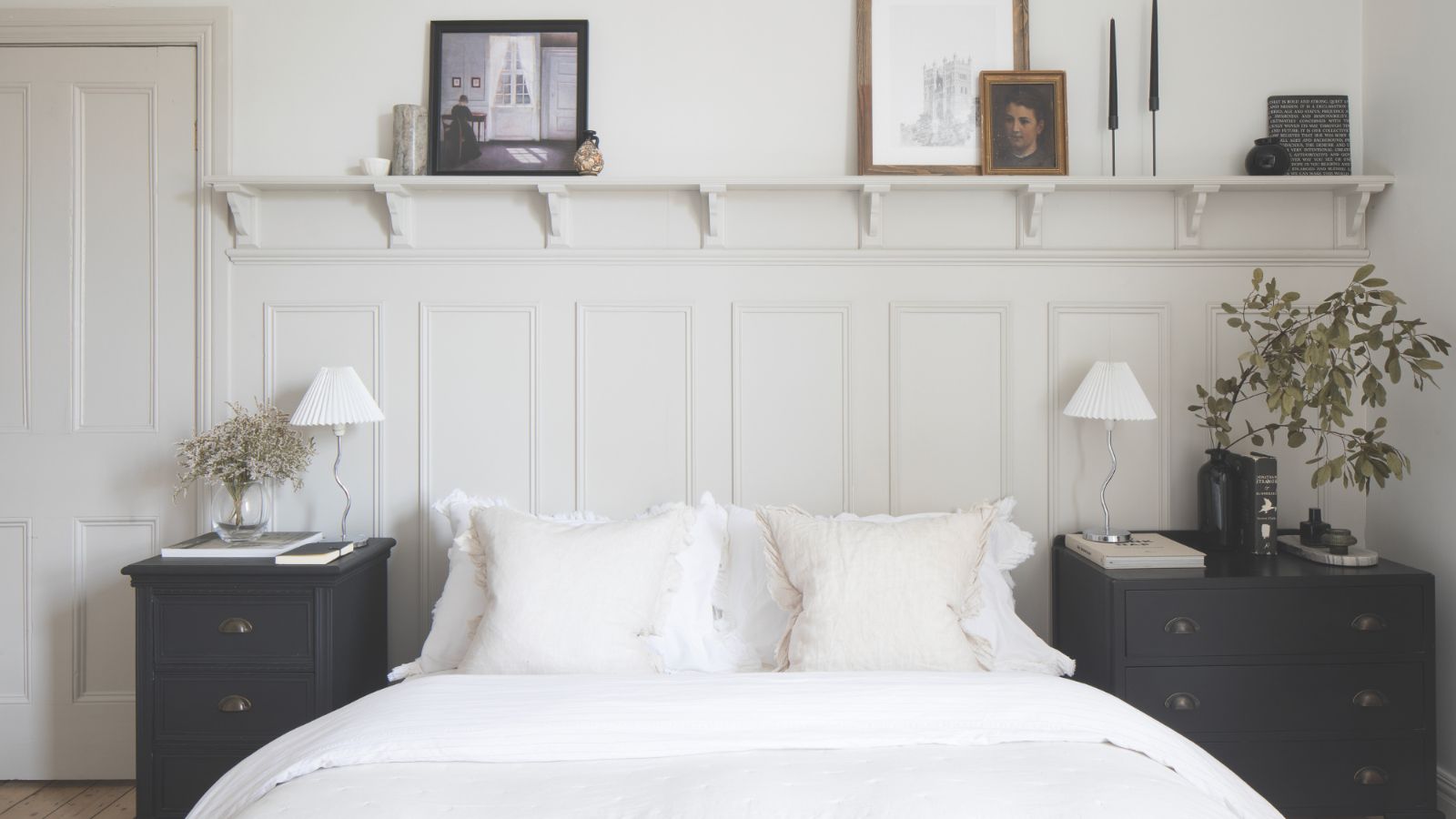
Living at home, I'm lucky enough to enjoy a spacious double bedroom with an en suite. The only problem? It's in the basement.
When we added the basement after moving into our home, the idea of an extra bedroom with an en suite bathroom was, of course, an attractive option. But, since then, dealing with humidity and subsequent mold has been an ongoing battle.
That was until I decided to take the plunge on a budget-friendly Amazon dehumidifier for my small space, which has genuinely made an unbelievable difference. It's small, compact, and really works. Now I can't live without it.
Are dehumidifiers an effective solution for damp and mold?
All prices were correct at the time of publication
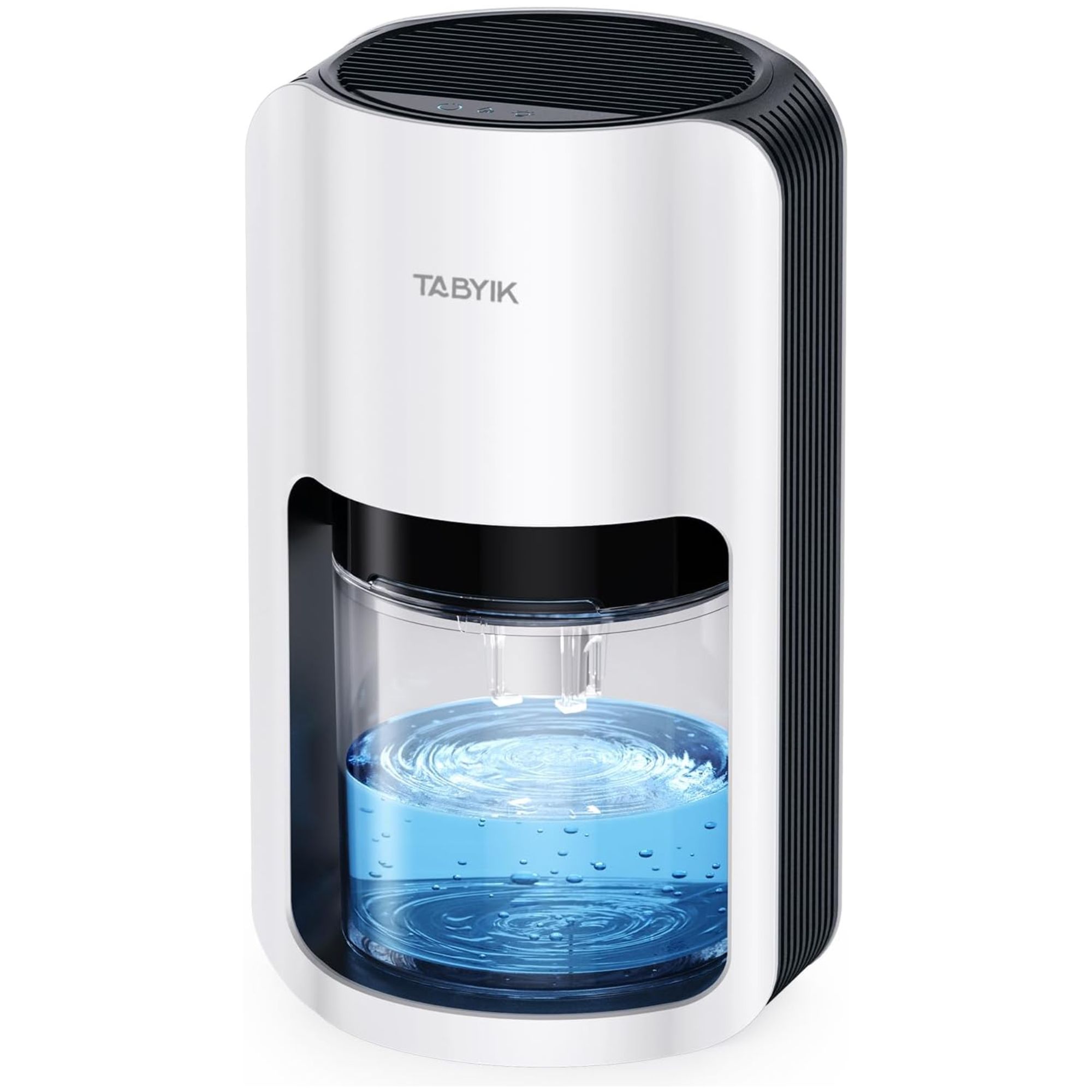
This is just like my dehumidifier, with ultra-quiet operation, an auto shut-off function, and a generous 42 oz water tank in comparison to the portable, compact size.
Feeling disheartened about spotting signs of high home humidity in my basement bedroom, I spoke to Josh Mitchell, HVAC technician at Air Conditioner Lab.
He explained, 'Basements are one of the most common places in a home to struggle with dampness and mold. Since they’re below ground level, they tend to hold moisture, making them the perfect environment for mold to thrive. Add in an en suite bathroom, and the problem can get worse due to steam buildup. Homeowners often ask whether a dehumidifier can help with these issues – or if it’s just a temporary fix.'
Luckily, Josh assured me that dehumidifiers are one of the best ways to manage dampness, reduce humidity and get rid of mold in a basement. I've certainly noticed a difference since purchasing mine.
Most notably, it has completely helped to curb mold in my closet, coupled with hanging moisture absorbers, such as the bestselling DampRid Fragrance Free Hanging Moisture Absorber available at Amazon. This was an issue that was regularly leaving me needing to wash mold out of clothes and furiously using vinegar to kill mold and clean my closet.
As Josh explains, 'Mold thrives in environments where humidity levels are above 60%, and anything above 70% can accelerate growth. A good dehumidifier can bring indoor humidity down to a safer range of 30-50%, making it harder for mold spores to survive and spread.'
Therefore, by lowering the humidity levels in my bedroom, I no longer have to contend with – and worry about – mold and mildew.
Josh also shared that basement bedrooms tend to be more prone to dampness and mold due to poor ventilation. 'In homes with an en suite bathroom in the basement, hot showers create steam, and if there’s poor ventilation, the excess moisture lingers, making mold growth more likely,' he says. As mine doesn't have any windows, but does have french doors, I realized I shouldn't close the trickle vents, and have noticed a considerable difference in the humidity levels since opening them.
A dehumidifier won't work with windows open, but in my case the vents are small and far enough away from my appliance, so opening them hasn't affected the efficacy at all.
Beyond helping to ventilate the basement, opening the trickle vents, coupled with my dehumidifier, has also helped to get rid of musty basement smells and freshen the space, too. Therefore, I now know for certain why both of these quick fixes are things people with nice-smelling basements always do.
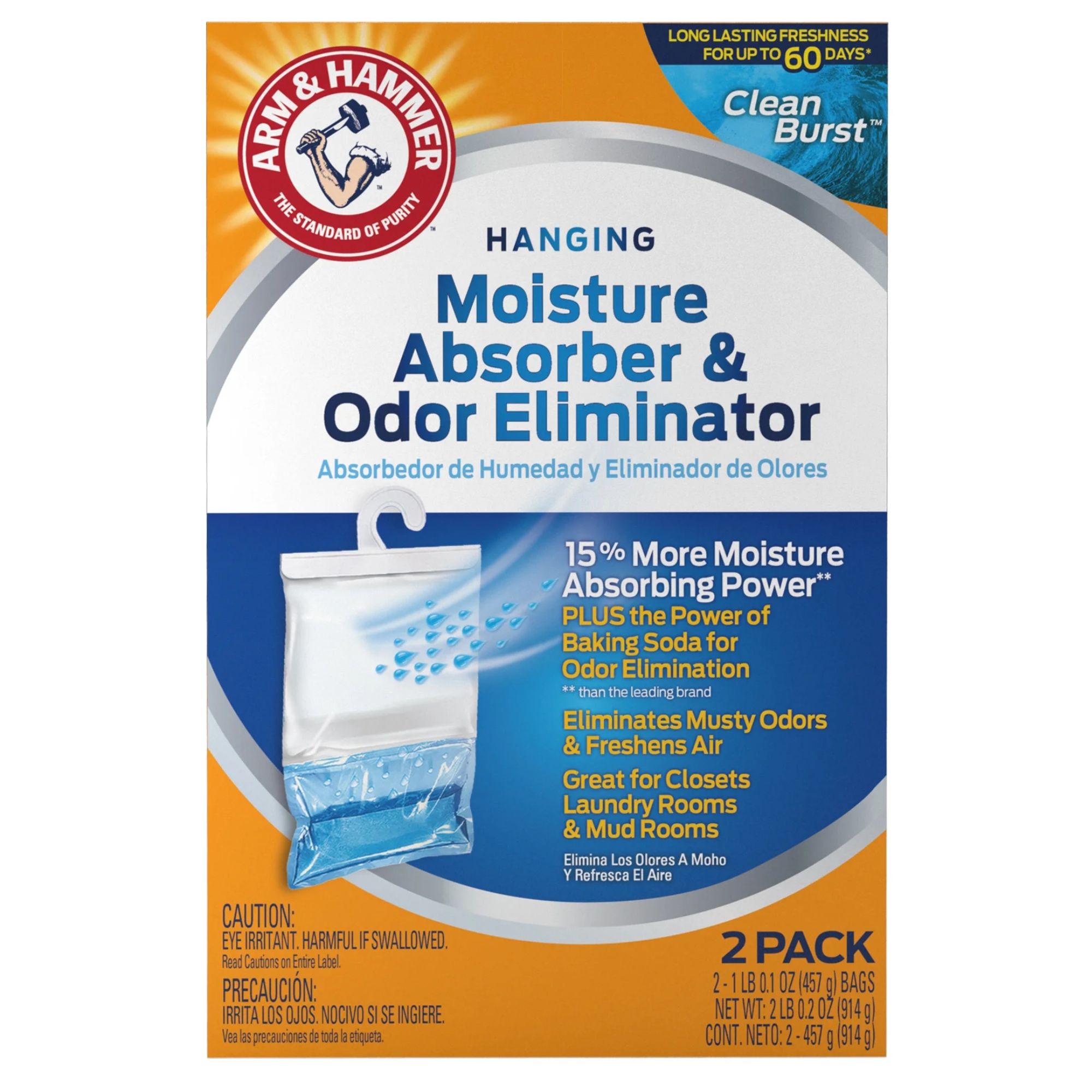
With a fresh and clean scent, these hanging moisture absorbers last up to 60 days, eliminating musty odors and protecting clothing in your closet.

This small yet powerful dehumidifier operates quietly, and uses only 40 watts of energy per hour.
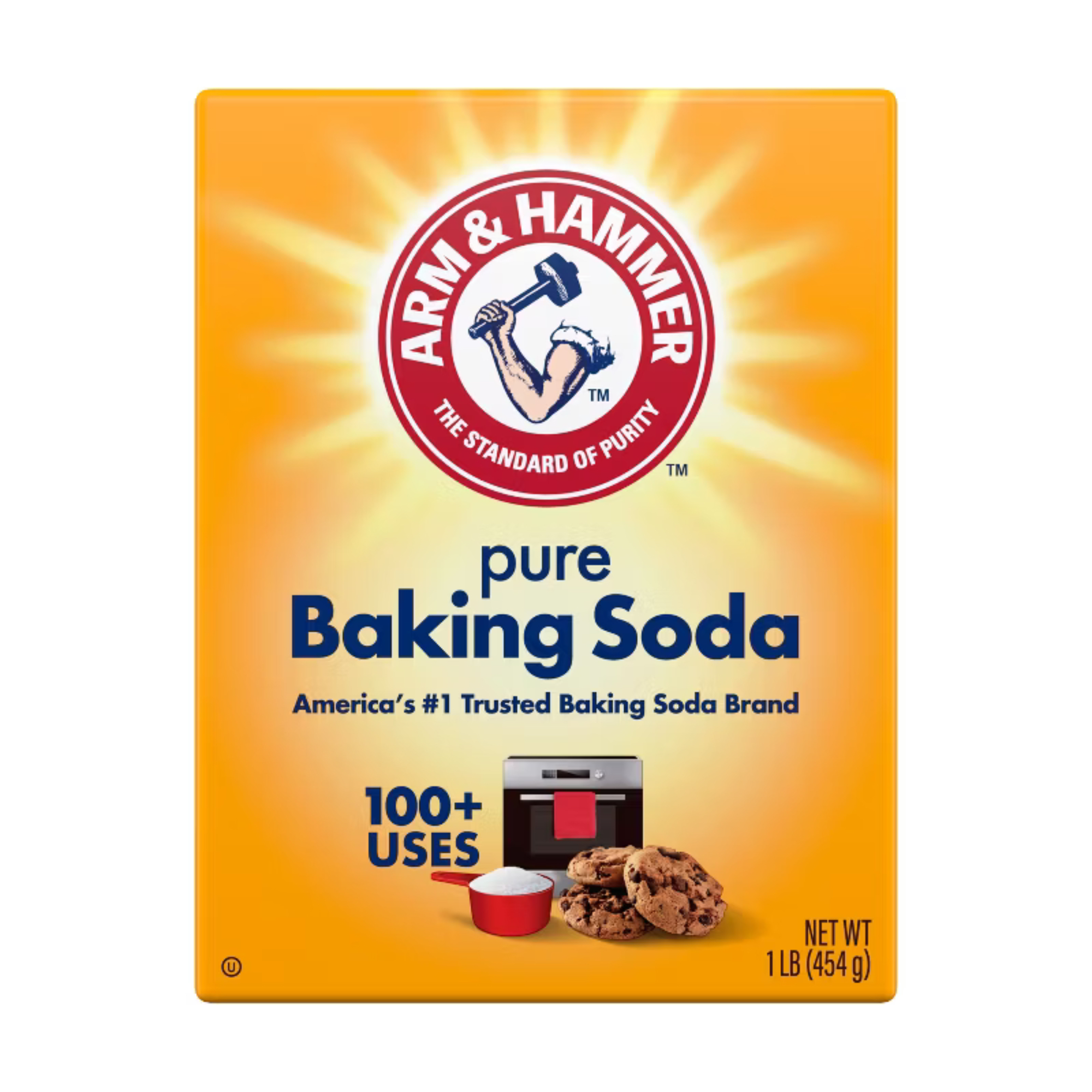
For a super affordable option, try the baking soda hack for closets by simply popping an open box in, to eliminate odors and effectively absorb moisture.
How to reduce moisture and prevent mold in a basement bedroom
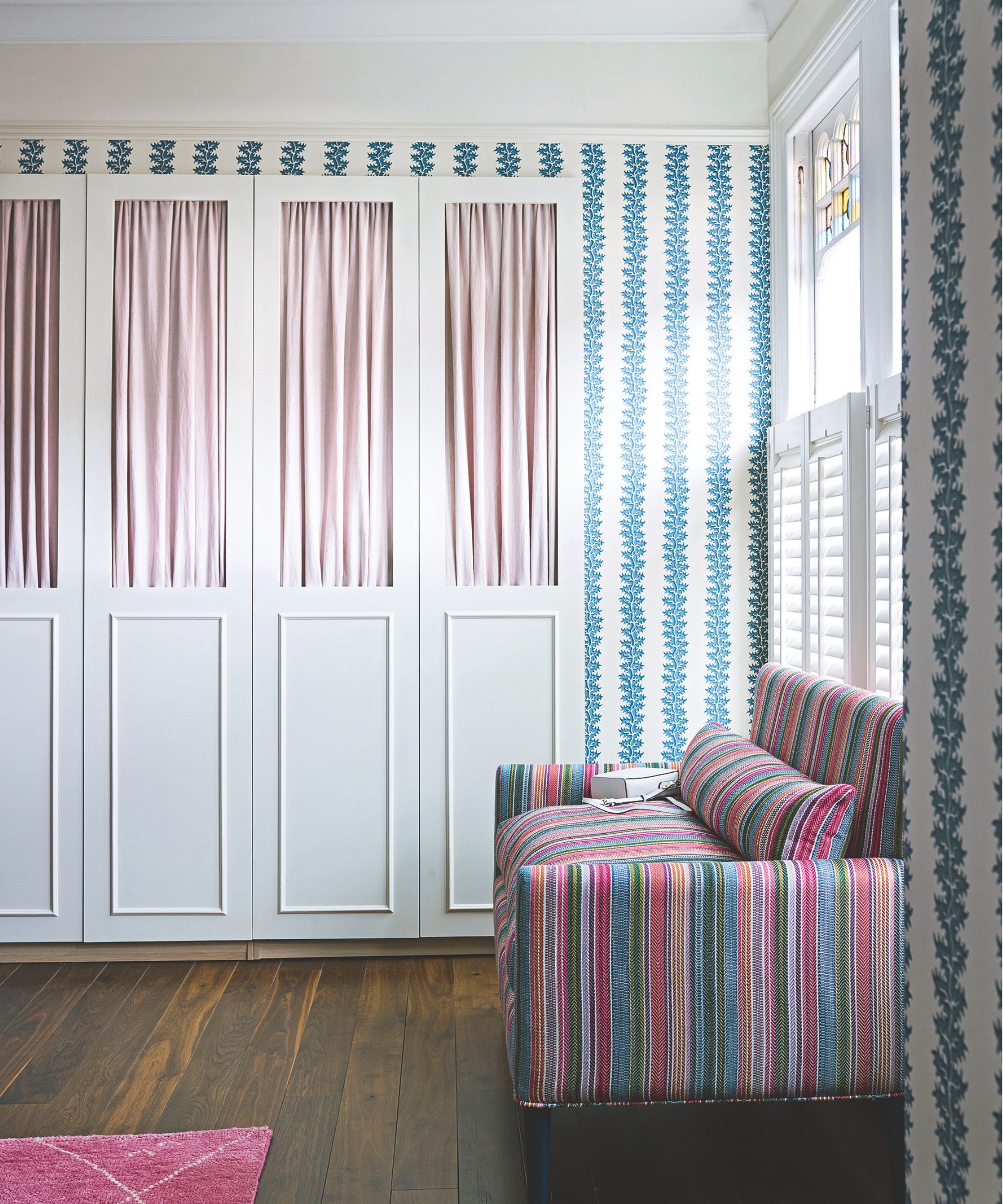
Importantly, dehumidifiers don't kill mold that's already growing, instead helping to prevent future growth by removing excess moisture from the air. Therefore, I asked Josh for his tips on banishing bad habits that increase the risk of mold, and stop it returning for good.
He advises, 'If your basement bedroom is prone to dampness and mold, a dehumidifier is a good first step, but it works best when combined with other moisture-control strategies:
- Improve ventilation in your basement by running the exhaust fan in the bathroom for at least 20 minutes after exiting the shower, and leave the door open to allow steam to escape.
- Seal cracks and leaks where water might seep in, using a waterproof sealant such as the DAP INC White Alex Plus Acrylic Latex Caulk with Silicone available at Amazon.
- Use a hygrometer, such as the AcuRite Indoor Digital Thermometer & Hygrometer available at Walmart, to monitor moisture levels, and determine how often you need to run your dehumidifier. I've been running mine at all times.
- Increase airflow by opening trickle vents, as I have, keeping doors open, and moving furniture away from walls where possible.
- Regularly clean your basement bedroom to prevent the spreading of mold, and keep your space clean and sanitized. You can remove mold stains with baking soda, hydrogen peroxide, vinegar, and a microfiber cloth such as the Great Value Multipurpose Microfiber Household Cleaning Cloth available at Walmart, where applicable.
As Josh adds, 'Keeping a basement dry takes more than just one solution. A good dehumidifier makes a huge difference, but pairing it with proper ventilation, sealing leaks, and managing indoor humidity will provide the best long-term results.
'If mold is already present, cleaning it properly before running a dehumidifier is important to avoid spreading spores. With the right approach, you can keep your basement bedroom comfortable, dry, and mold-free all year round.'
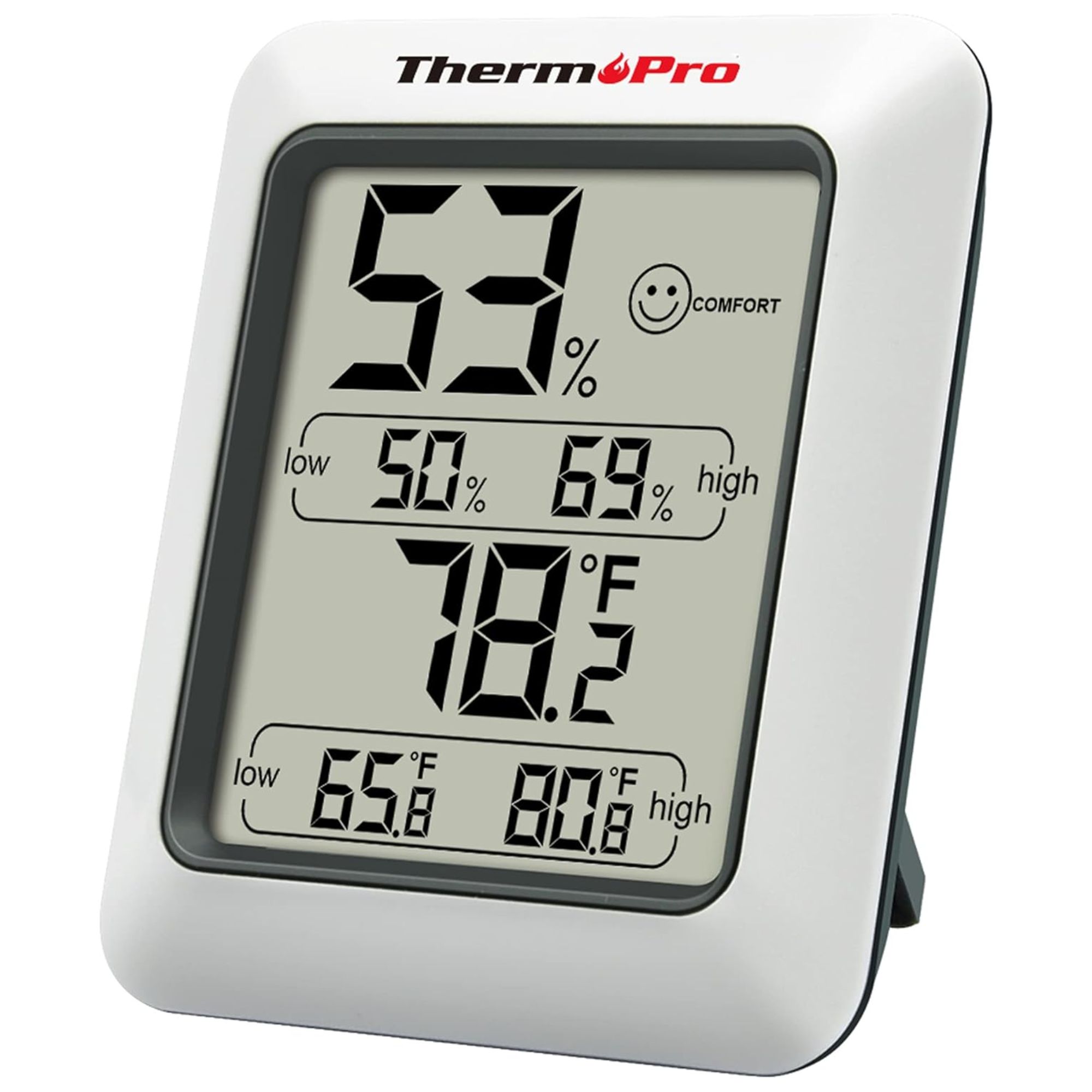
This handy hygrometer refreshes every 10 seconds to give you up-to-date and accurate information and promote a healthier home and environment
Meet our expert
FAQs
How can you tell if your basement needs a dehumidifier?
To determine whether your basement needs one of the best dehumidifiers, look out for telltale signs such as condensation, mold spots, musty odors and blistering paint of peeling wallpaper.
Contributing writer Natasha Brinsmead shared the incredible difference a dehumidifier made to her terrible window condensation, and says she 'couldn't be more pleased' with the results, while Head of Solved Punteha van Terheyden swears by her small dehumidifier for drying ceiling leaks and quick indoor air drying of laundry.
Does opening windows reduce humidity?
Yes, opening windows in winter does reduce condensation, and the same goes for summer, too. Even just a few minutes a day can make a huge difference, as well as helping to freshen up your space and get rid of stale smells.
When reducing humidity, don't forget to draft proof a basement, too, which is an essential part of keeping a basement warm and dry.







